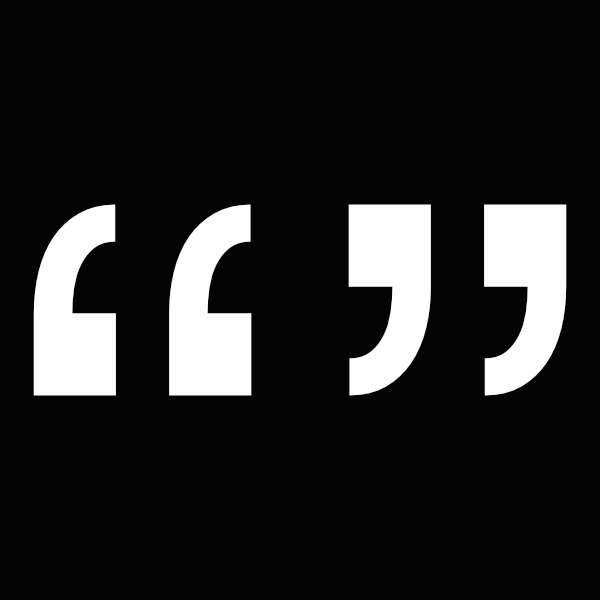“… (I forget where I read this, but if my memory serves me it was in some reliable source).”
Russell (1958, p.47)
“I love quotations because it is a joy to find thoughts one might have, beautifully expressed with much authority by someone recognized wiser than oneself.”
Dietrich (1962/2012, p.125)
“All warfare is based on deception. Hence, when we are able to attack, we must seem unable; when using our forces, we must appear inactive; when we are near, we must make the enemy believe we are far away; when far away, we must make him believe we are near.”
Tzu, S. (c500 BCE, Chapter 5)
Sun Tzu’s quotation is ubiquitous throughout the field of deception. It features in most articles, papers, and presentations that address the topic.
However, the quotation is a gross mistranslation. And it is plainly false. All warfare is not based on deception and the passage’s ‘musts’ are not always advantageous or advisable. For a summary comparison of eight popular translations of the multiple and fragmentary ‘original’ Chinese versions of ‘The Art of War’ (note that even this title is inaccurate), see Gagliardi (n.d.). And for an excellent discussion of myriad problems arising from mistranslations and misinterpretations of the work, see Whaley (2013).
Why is this clichéd, mistranslated, and misleading passage from Sun Tzu so pervasive and persistent? From personal experience, I would suggest it is because insightful, illuminating, and authoritatively sourced quotations about deception are extremely thin on the ground.
I have been collecting and cataloguing quotations on deception for over 15 years. My quotation database has been one of the secret weapons I rely on whenever I write anything about the topic. However, tracking down a published source for any quotation, never mind some obscure quotation about deception, frequently entails tortuous, time-consuming detective work. And after hours of fruitless searching, having to jettison the perfect quotation, bon mot, or apophthegm, can be extremely frustrating.
Given the colossal number of hours I have spent populating my database, I have become rather protective of it. However, I have now decided to share it, in the hope that this might help or inspire others looking for the perfect pithy quotation about deception.
The database contains complete references for every quotation I have published. However, due to limitations in time and (quite frankly) inclination, many other quotations remain only partially sourced. For example, many identify only the individual to whom the quotation is commonly attributed. And the database also includes a variety of proverbs of highly dubious provenance.
Feel free to use the database at your own risk! And please let me know of any more complete sources, suggested corrections, duplicate entries, or new references that could extend its scope.
The database is available here.
References
Dietrich, M. (2012). Marlene Dietrich’s ABC: Wit, Wisdom. Open Road Media: New York. Originally published in 1962, by Doubleday.
Gagliardi, G. (n.d.). Comparing English Translations [of Sun Tzu’s work]. Retrieved 24/01/2022 from https://scienceofstrategy.org/main/content/comparing-english-translations
Russell, B. (1958). The Will to Doubt. New York: The Philosophical Library.
Tzu, S. (c500 BCE). The Art of War, Chapter 5.
Whaley, B. (2012). Sun Tzu: The Principles Of War. Somerville, Massachusetts: Lybrary.com.


